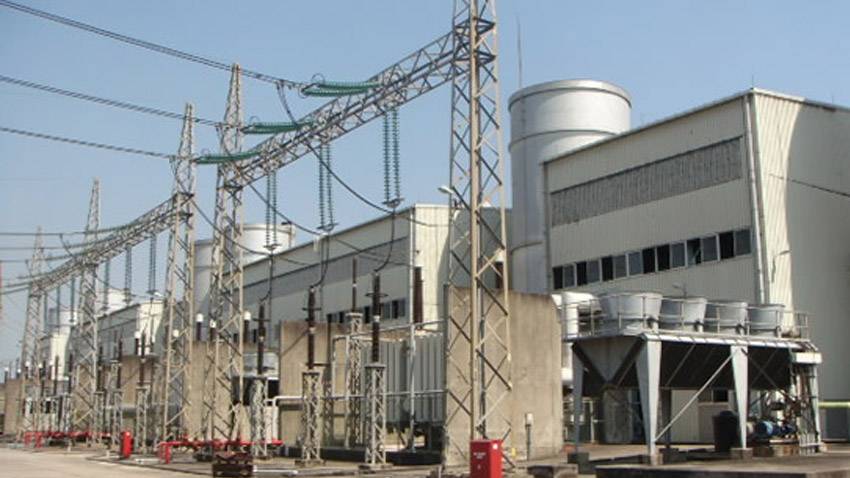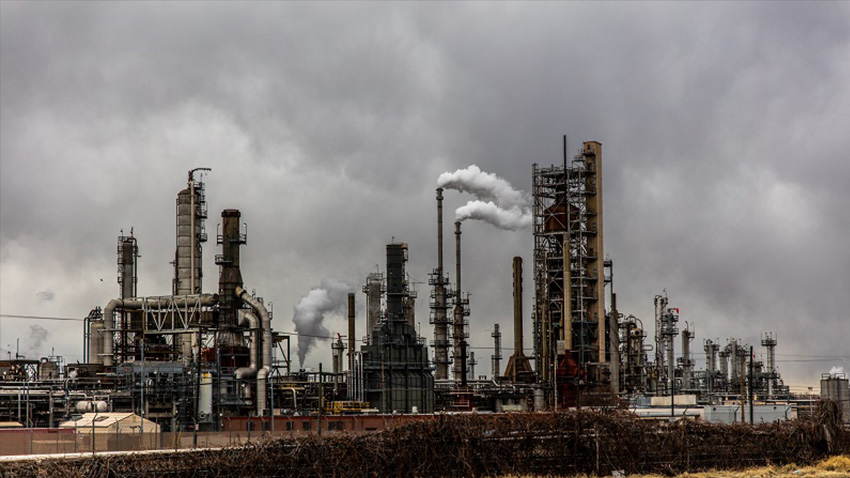Did President Buhari wed another wife recently?
Few days before the rumoured wedding, Twitter was agog with memes and tweets of the President taking a second wife which was not refuted by official quarters. The wedding was supposed to have been planned on Friday, 11 October, but the Twitter account of Sadiya Farouq displayed she was away in the Swiss city of Geneva from Thursday, where she led Nigeria’s delegation at a meeting of the United Nations refugees agency.
She did not return to Nigeria until Tuesday, based on what she posted on the same account.





